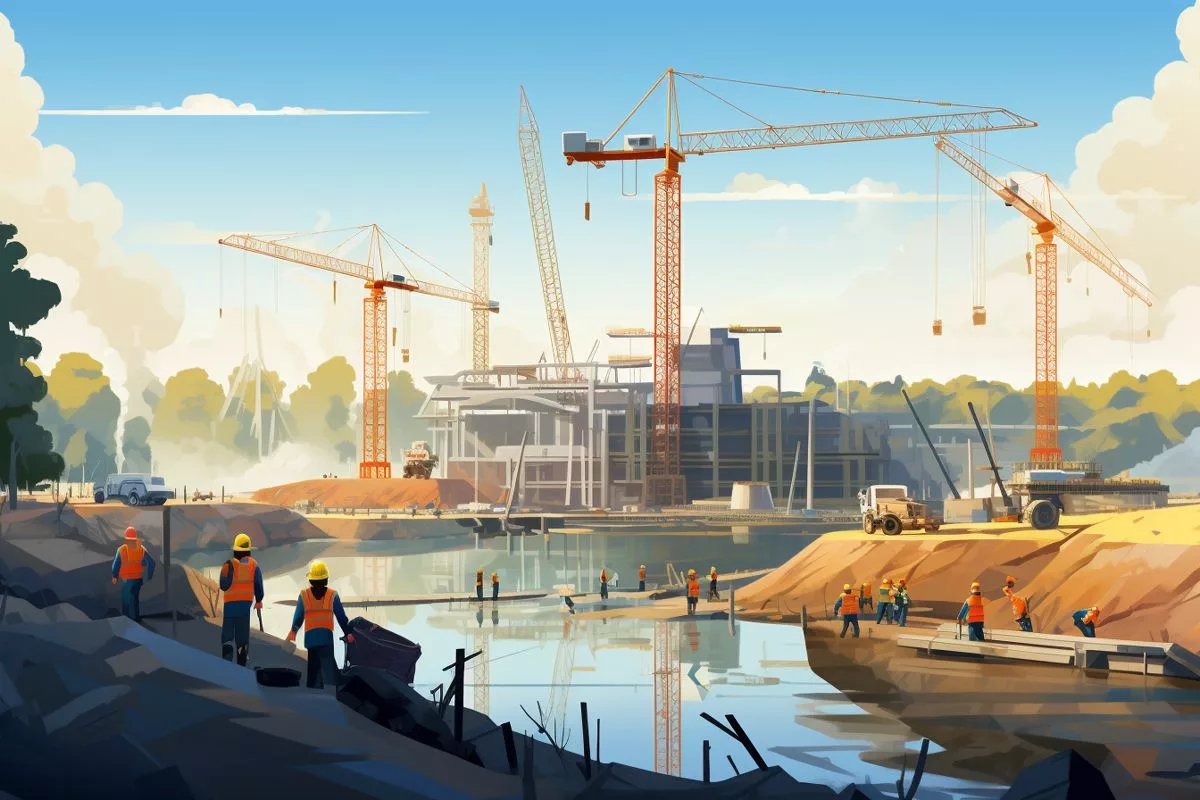The upcoming voter registration weekend in South Africa is a crucial opportunity for citizens to contribute towards the future path of the country. All eligible citizens are urged to register to vote, not only as a right but also as an obligation to become active contributors in the political realm. This democratic involvement signifies a shift towards shaping the nation’s destiny and offers a chance for both new and existing voters to confirm and update their details with the Independent Electoral Commission. Every citizen is urged to reaffirm their commitment to the democratic process and participate in crafting the nation’s future.
What is the importance of voter registration in South Africa?
Voter registration plays a crucial role in shaping the nation’s destiny by allowing citizens to contribute towards the future path of the country. All South African citizens who are 16 years and older are eligible to register to vote, and the upcoming voter registration weekend offers an opportunity for both new and existing voters to confirm and update their details. Voting is not only a right but also an obligation that every eligible citizen is expected to fulfill, and it signifies a shift towards becoming active contributors in the political realm.
Mobilising for Democratic Participation
In a significant proclamation that echoed across the North West province, Nono Maloyi, the MEC for Cooperative Governance, Human Settlements & Traditional Affairs, fervently encouraged all qualified voters to sign up for the imminent 2024 general elections. This powerful exhortation, made ahead of the impending voter registration weekend, brings to the fore the crucial role of democratic involvement in shaping the nation’s destiny.
The urgency of Maloyi’s message takes on a deeper meaning against the backdrop of the Independent Electoral Commission (IEC)’s announcement. The IEC disclosed that almost 23,296 polling stations are set to open their doors across the nation’s municipalities for voter registration during the weekend of 18th and 19th November 2023. This striking number of registration centres highlights the scale of this democratic operation.
Targeting primarily first-time voters, the young and dynamic minds who stand poised to influence the country’s political landscape, Maloyi emphasised the value of voting. He reminds them of the high price paid by countless leaders for this hard-won freedom. “We must not take this opportunity lightly – many of our leaders sacrificed their lives to ensure we could enjoy this freedom and choose our leaders,” the MEC strongly stated.
The Process of Registration
The criteria for registering to vote is straightforward. All South African citizens who are 16 years and older are eligible to register. However, to cast a vote, one must be 18 years or older. Necessary documentation includes a South African identity document – a green barcoded ID book, ID smart card, or a valid temporary ID certificate is sufficient.
The forthcoming voter registration weekend is not only for new voters but also for existing ones. It’s an opportunity for them to confirm and update their details with the IEC, ensuring a more seamless and efficient voting process.
Nevertheless, the importance of this registration drive extends further than the technicalities of voting. It signifies a dynamic democracy in action, inviting every citizen to contribute towards shaping the future path of the nation. For new voters, it offers their first taste of political involvement and a chance to influence the country’s political landscape.
Engaging in Active Participation
The earnestness in Maloyi’s appeal and the subsequent steps taken by the Independent Electoral Commission underscore the critical nature of electoral participation. Voting is not merely a right, but also an obligation that every eligible citizen is expected to fulfill. For the young, it signifies a shift from being mere residents to becoming active contributors in the political realm. For those already registered, it is an opportunity to reassess their choices and recalibrate their preferences.
This fusion of experienced voters and eager newcomers forms the sturdy democratic fabric of South Africa. These electoral practices offer a platform for the collective voice of the nation to reverberate through the halls of power, steering the leaders of tomorrow.
Regardless of age, demographic, or political allegiance, the upcoming voter registration weekend presents a chance for all South Africans to reaffirm their commitment to the democratic process. As the country prepares for this landmark weekend, Nono Maloyi’s words resonate across towns and cities, persuading everyone to register, vote, and participate in crafting the nation’s future.
1. Why is voter registration important in South Africa?
Voter registration is crucial in shaping the nation’s destiny by allowing citizens to contribute towards the future path of the country. It is an obligation and a right for all eligible citizens to become active contributors in the country’s political realm.
2. Who can register to vote in South Africa?
All South African citizens who are 16 years and older are eligible to register to vote, but to cast a vote, one must be 18 years or older. Necessary documentation includes a South African identity document – a green barcoded ID book, ID smart card, or a valid temporary ID certificate.
3. When is the upcoming voter registration weekend in South Africa?
The voter registration weekend in South Africa is set to take place on the 18th and 19th November 2023.
4. What is the significance of the number of polling stations for the upcoming voter registration weekend?
The Independent Electoral Commission (IEC) announced that almost 23,296 polling stations are set to open their doors across the nation’s municipalities for voter registration during the upcoming weekend. This highlights the scale of this democratic operation.
5. Why is it important for first-time voters to register?
First-time voters, the young and dynamic minds who stand poised to influence the country’s political landscape, are urged to register to vote and participate in the democratic process. It offers their first taste of political involvement and a chance to influence the country’s future.
6. What is the importance of participating in the democratic process in South Africa?
Participating in the democratic process signifies a shift towards becoming active contributors in the country’s political realm. Regardless of age, demographic, or political allegiance, the upcoming voter registration weekend presents a chance for all South Africans to reaffirm their commitment to the democratic process and participate in crafting the nation’s future.








